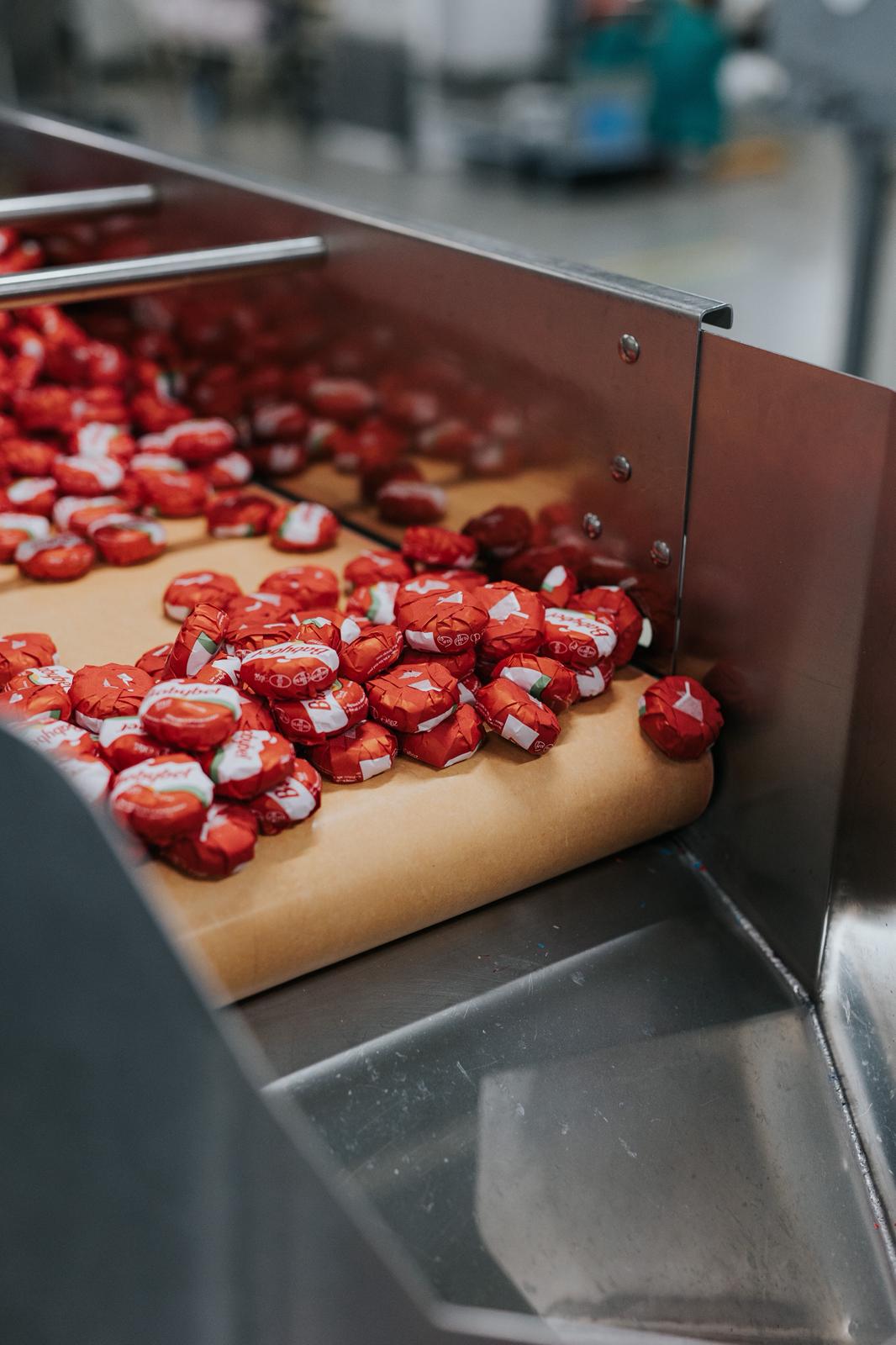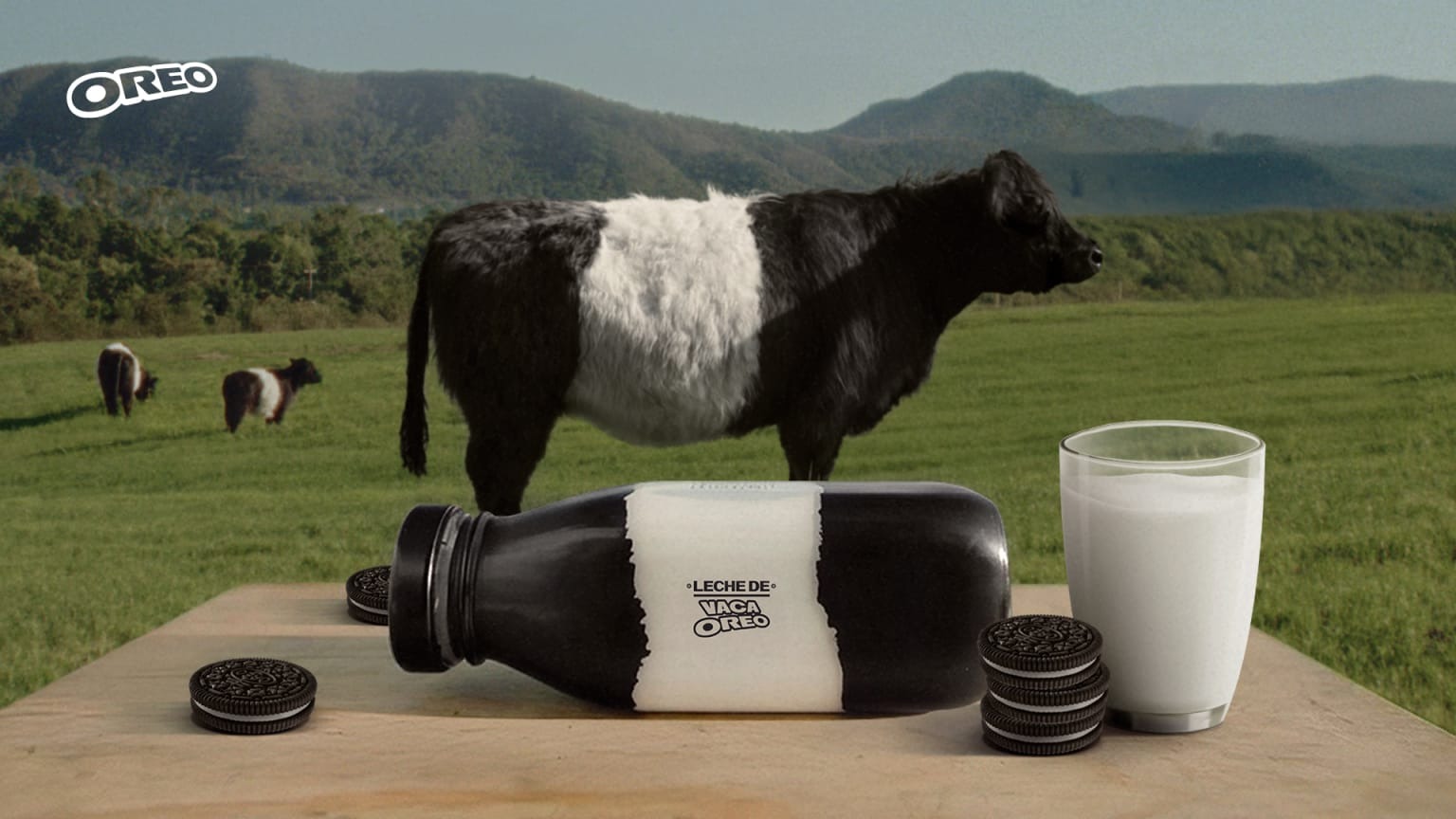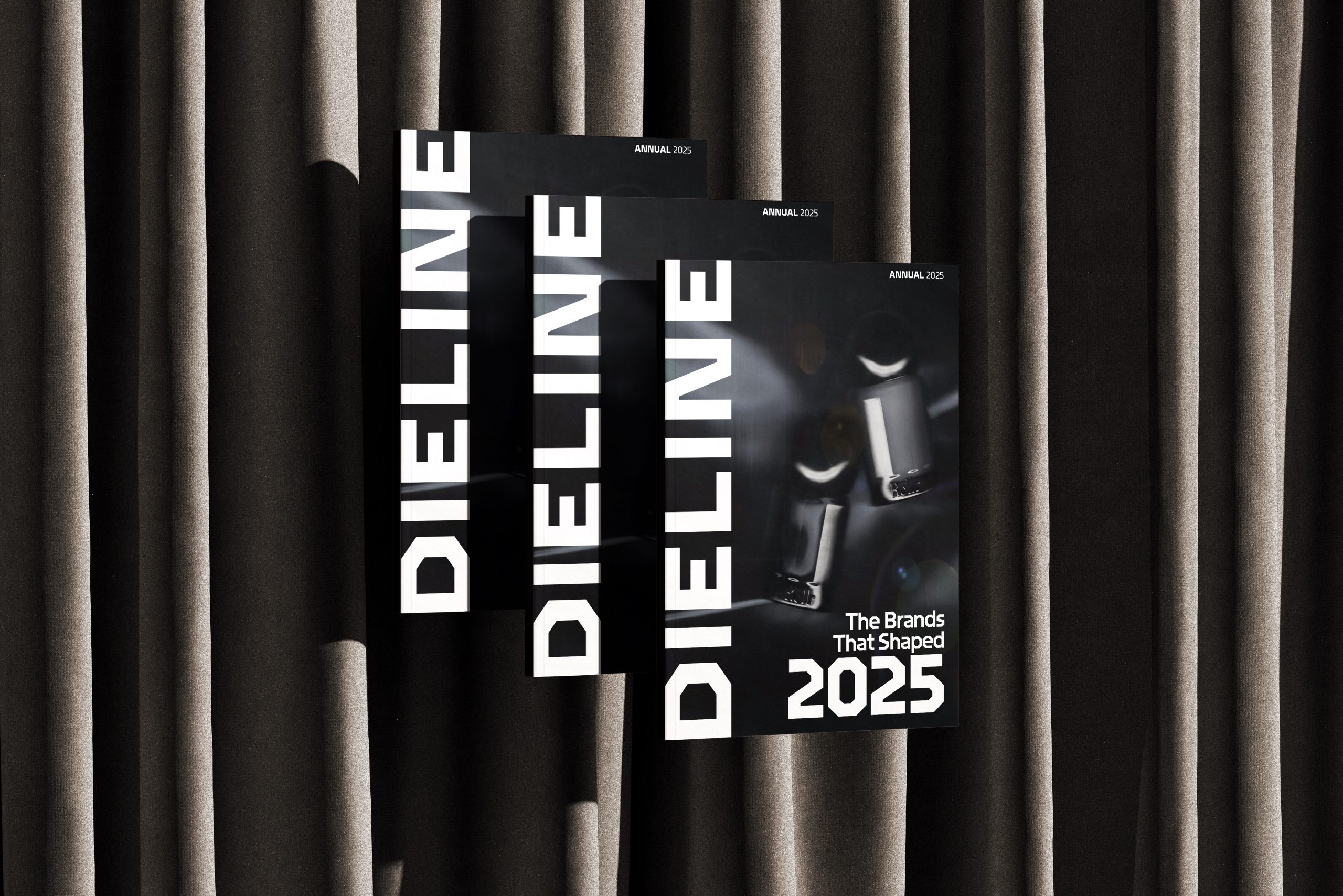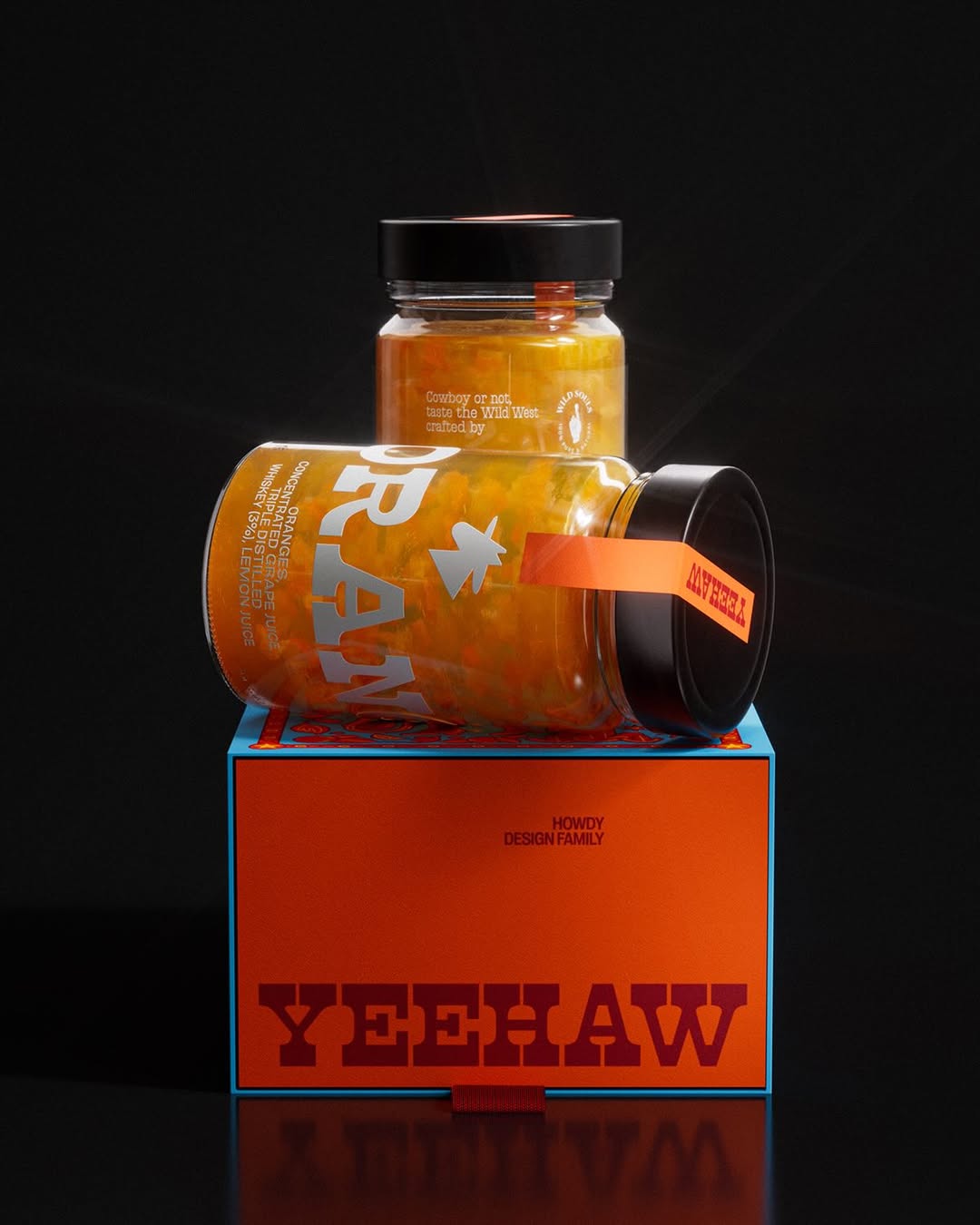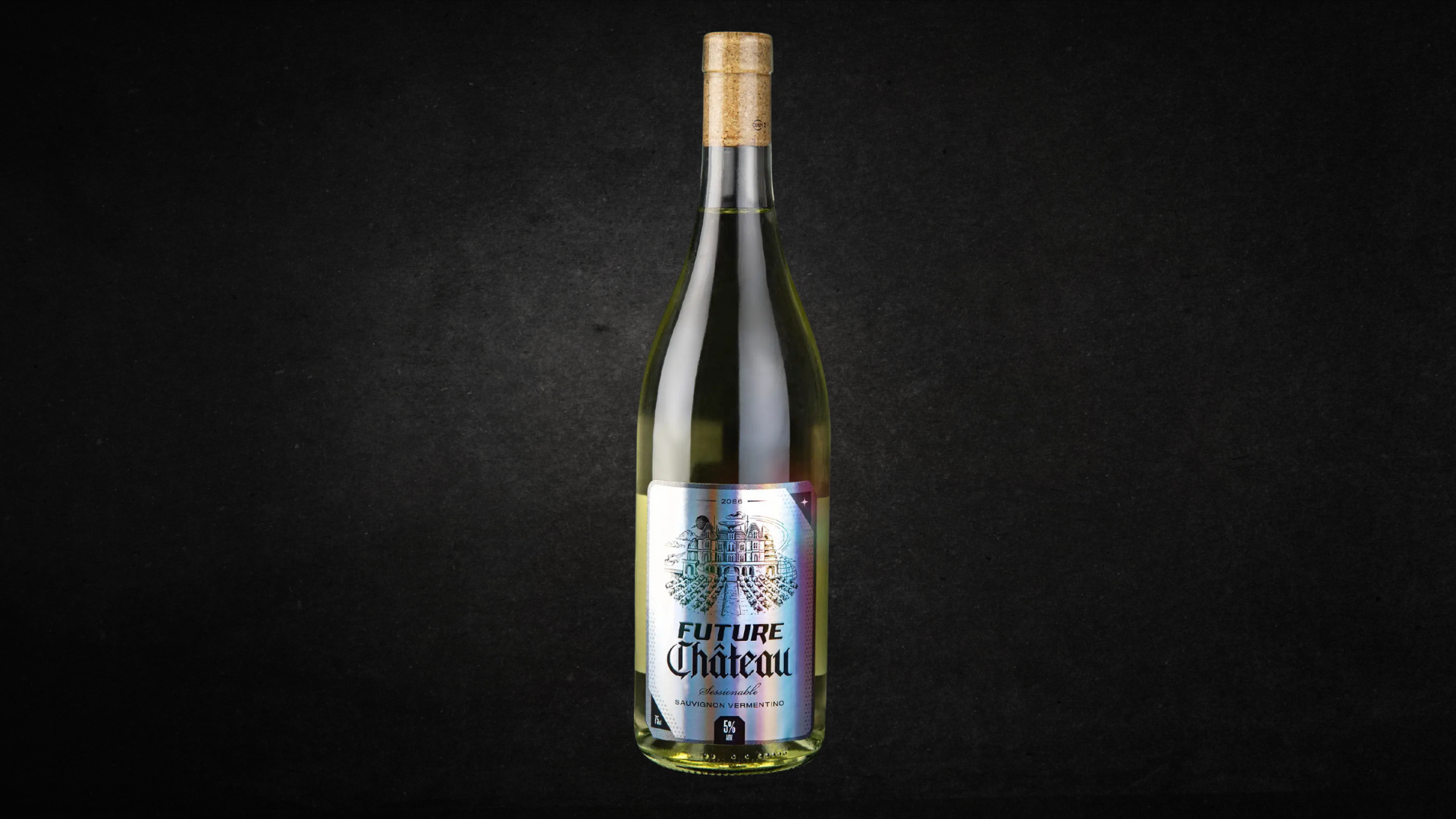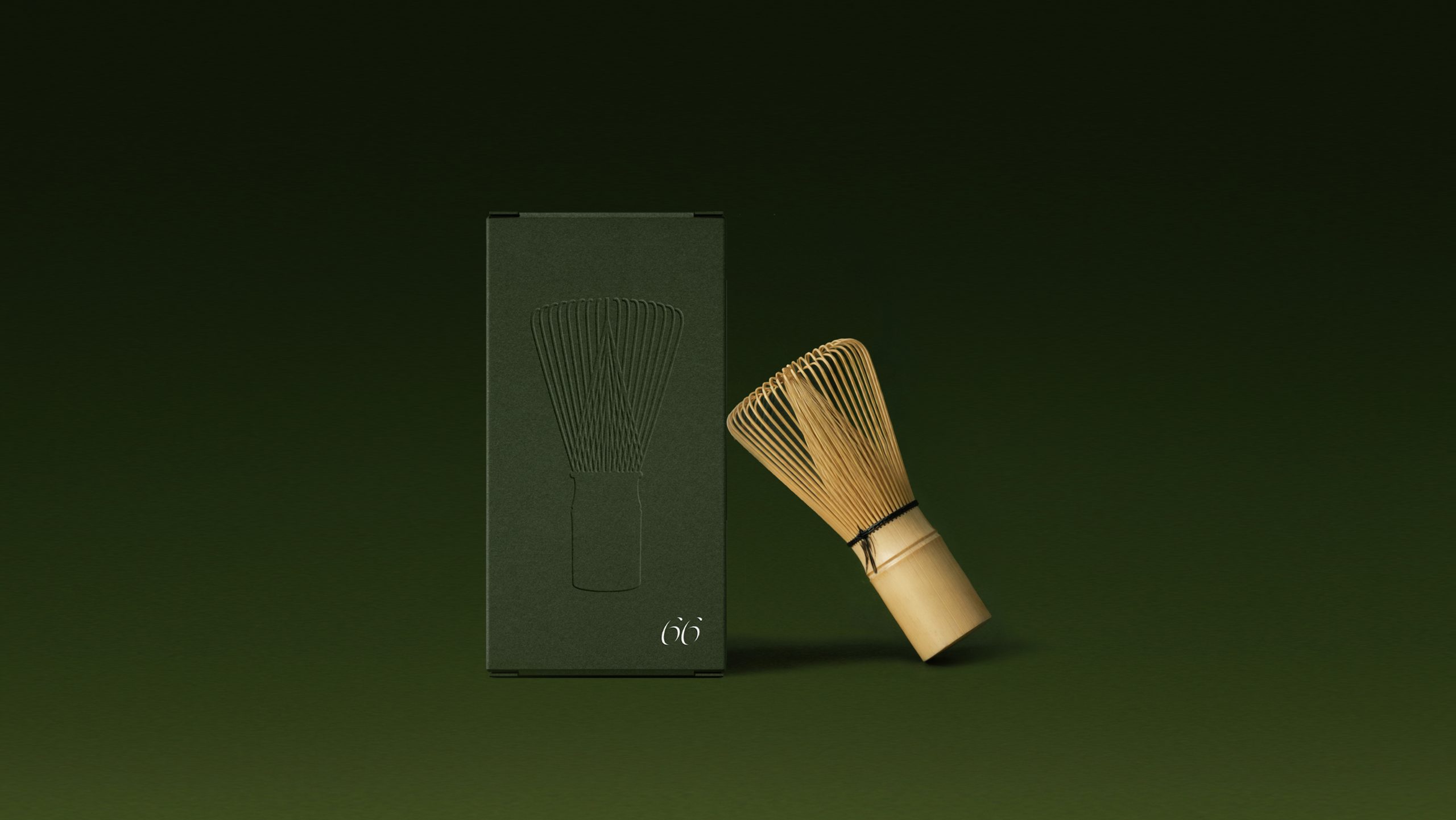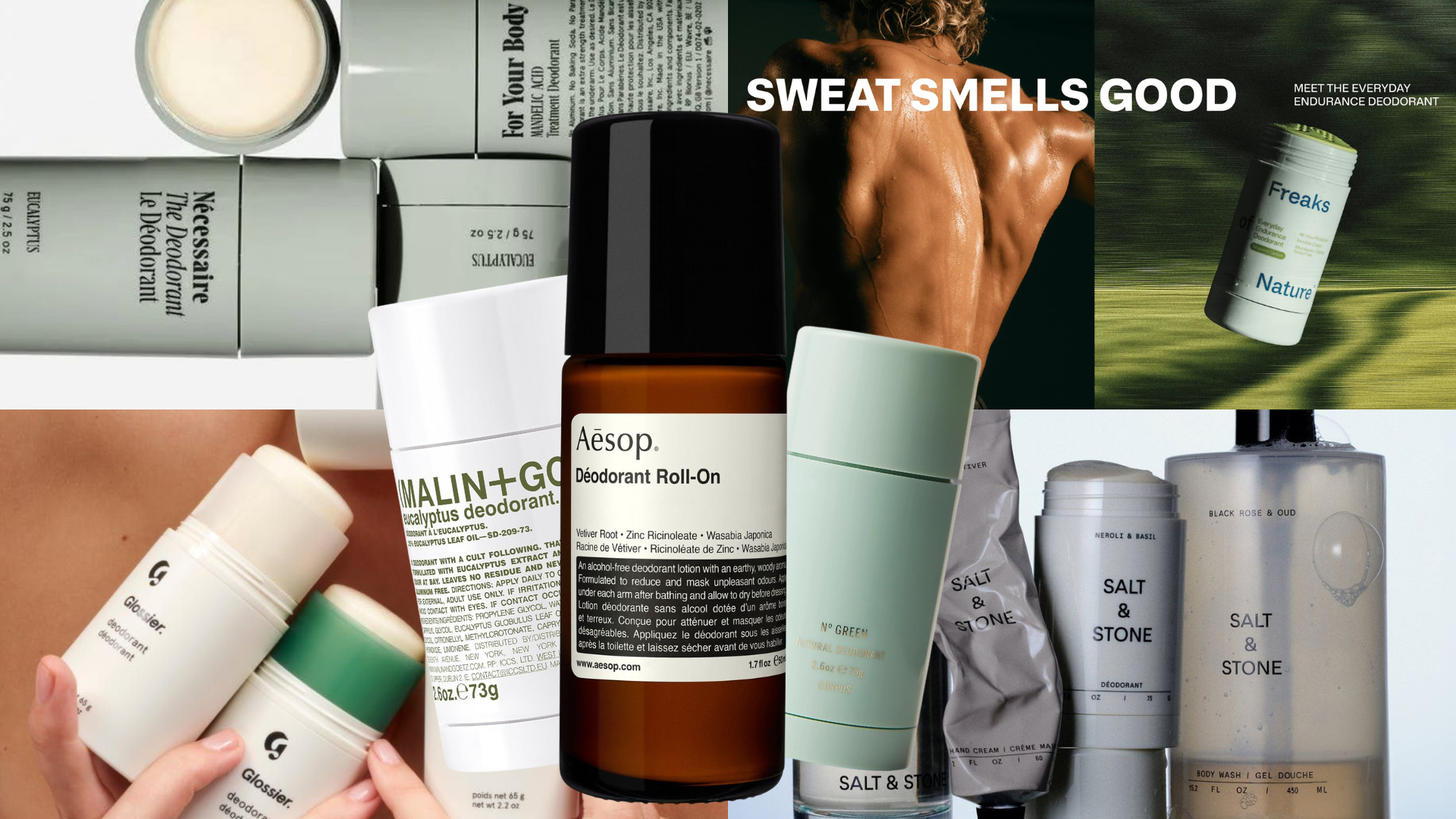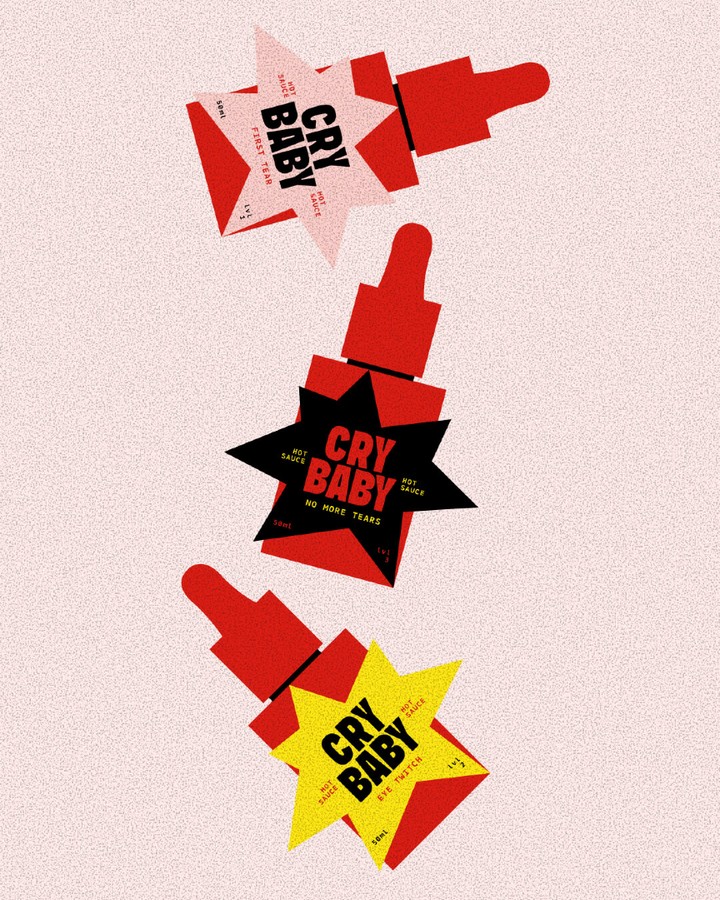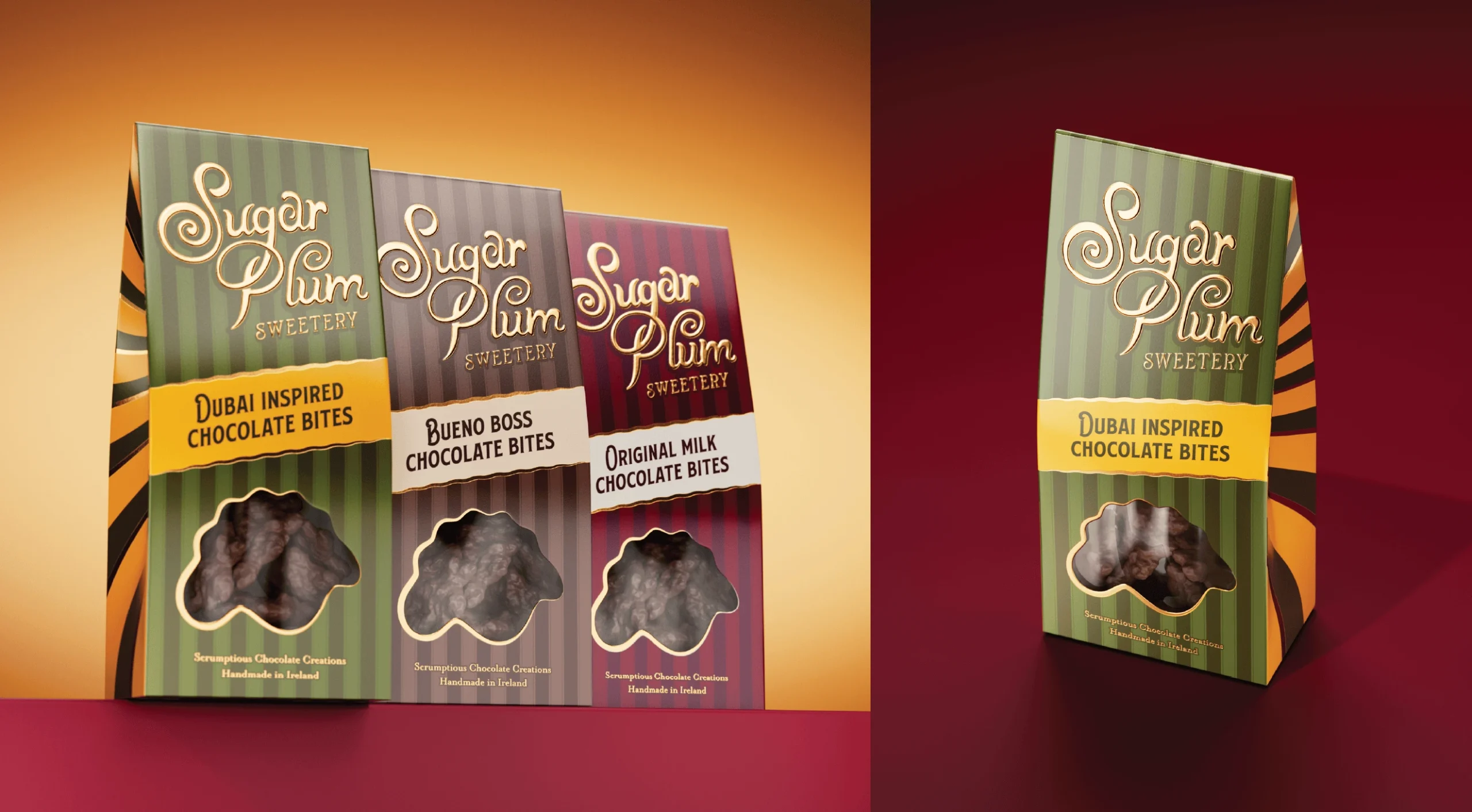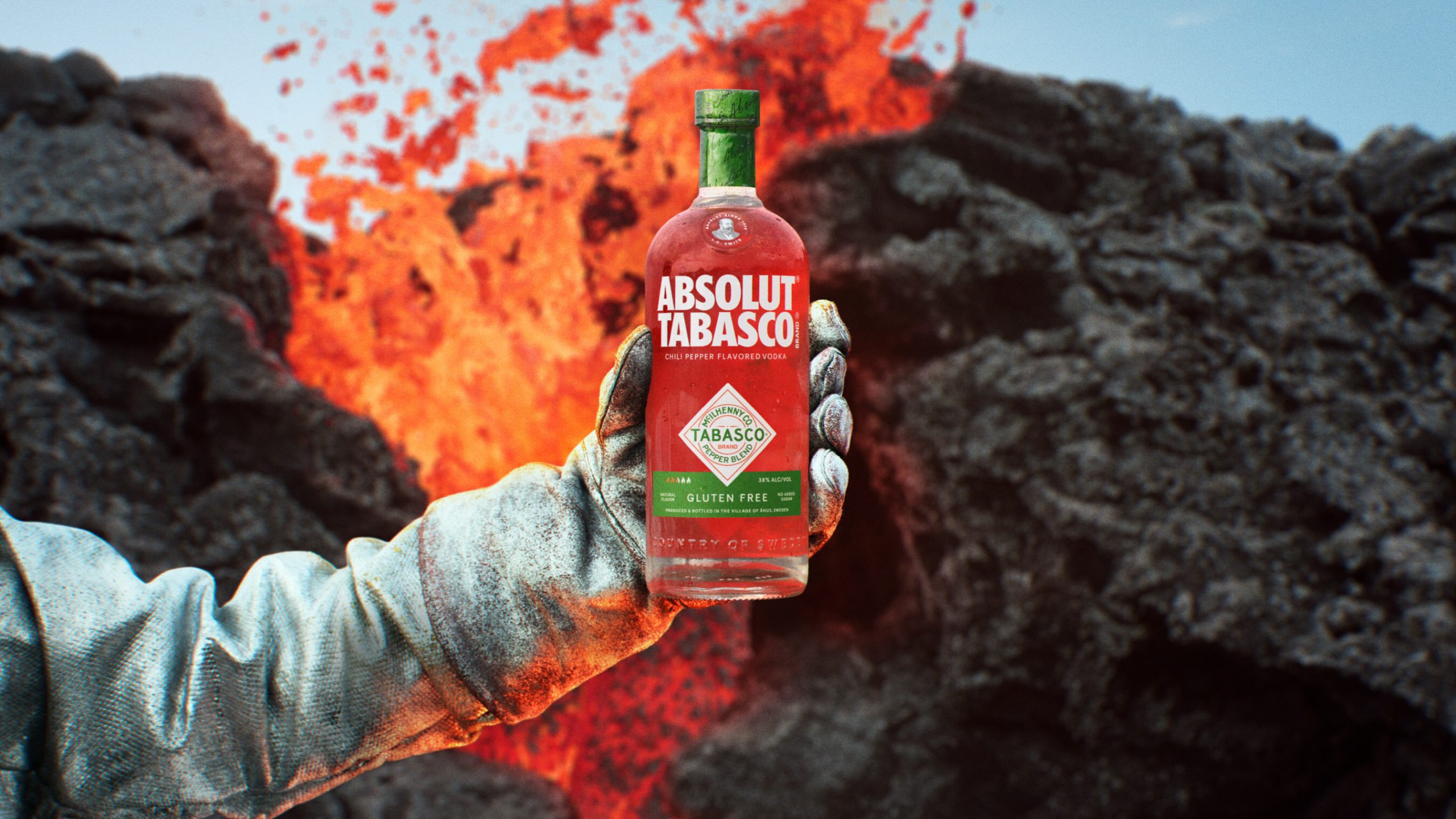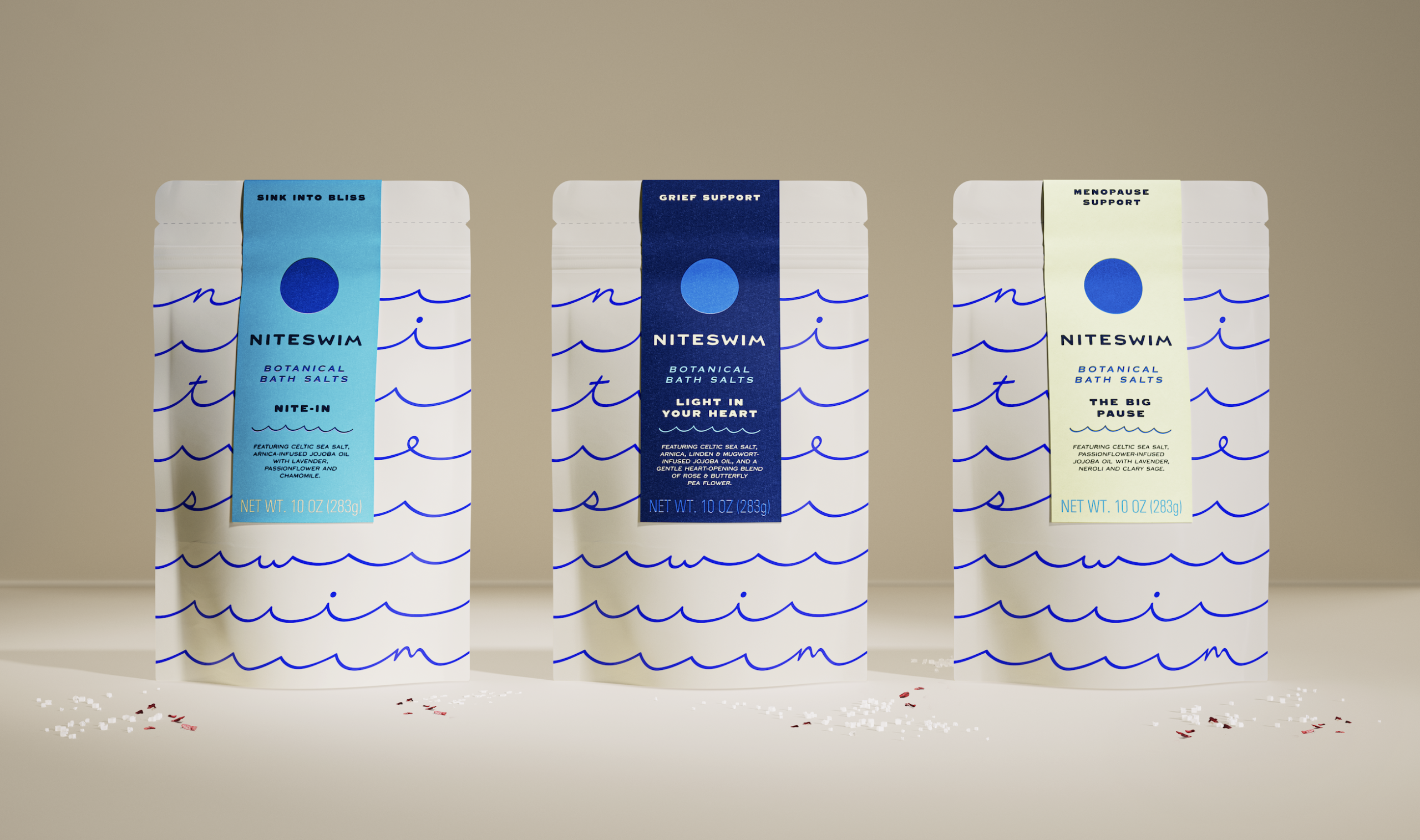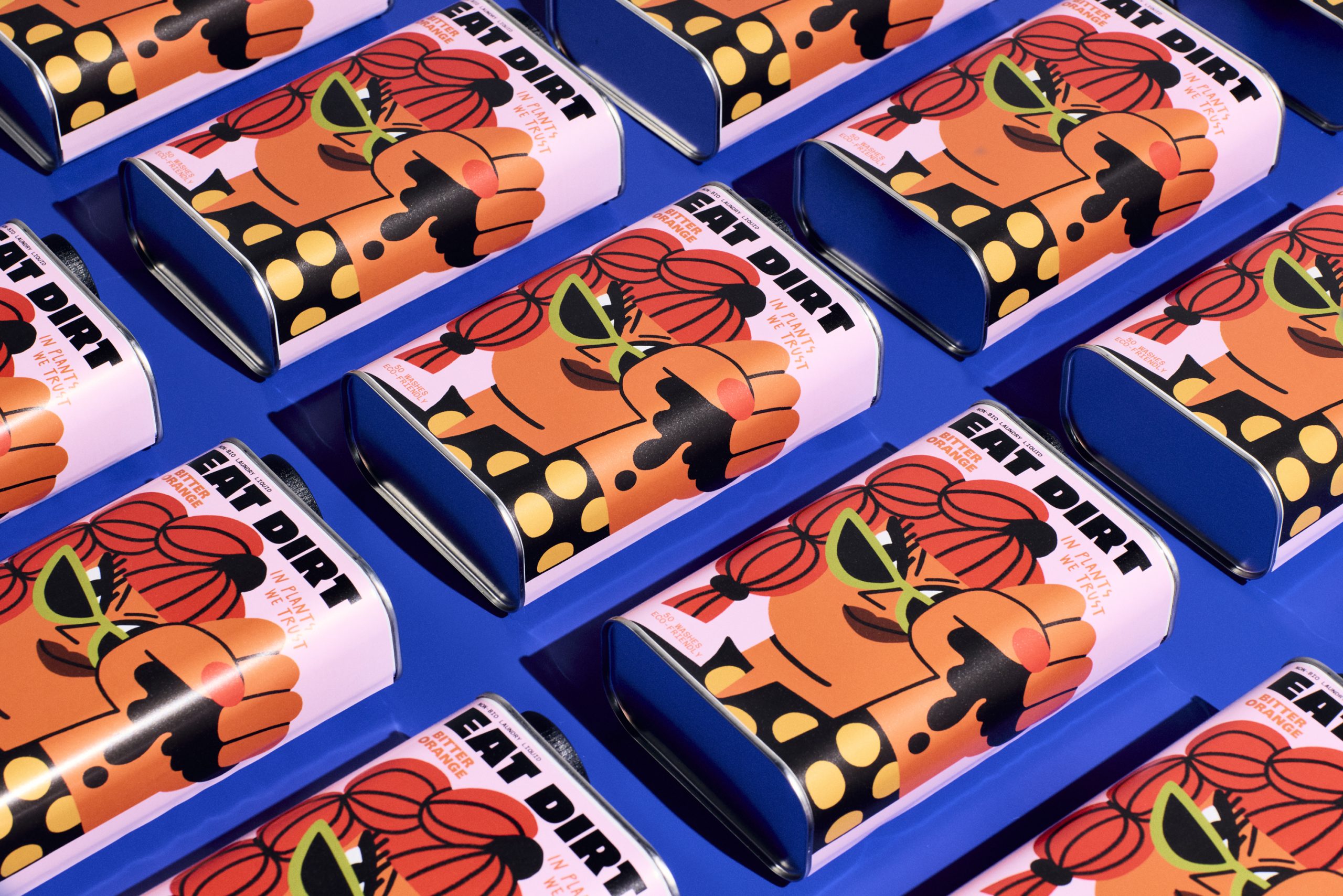

2020 is finally here, and it’s that time of year where we get to play Nostradamus and tell you where the future of branding and package design is heading.
This is the sixth installment in our 9-part Trend Report for 2020; to view the other sections, click on the following hyperlinks to read about Brand Merch’, The Rise of Non-Alcoholic Booze, White Claw Summer, Monochromatic Packaging, Patterns, Non-Binary Branding, Flexible Logos, and Material Innovation.
Y’all remember that vegan pal you had that only ate Cool Ranch Doritos and insisted upon carving up a Tofurkey at your Thanksgiving?
